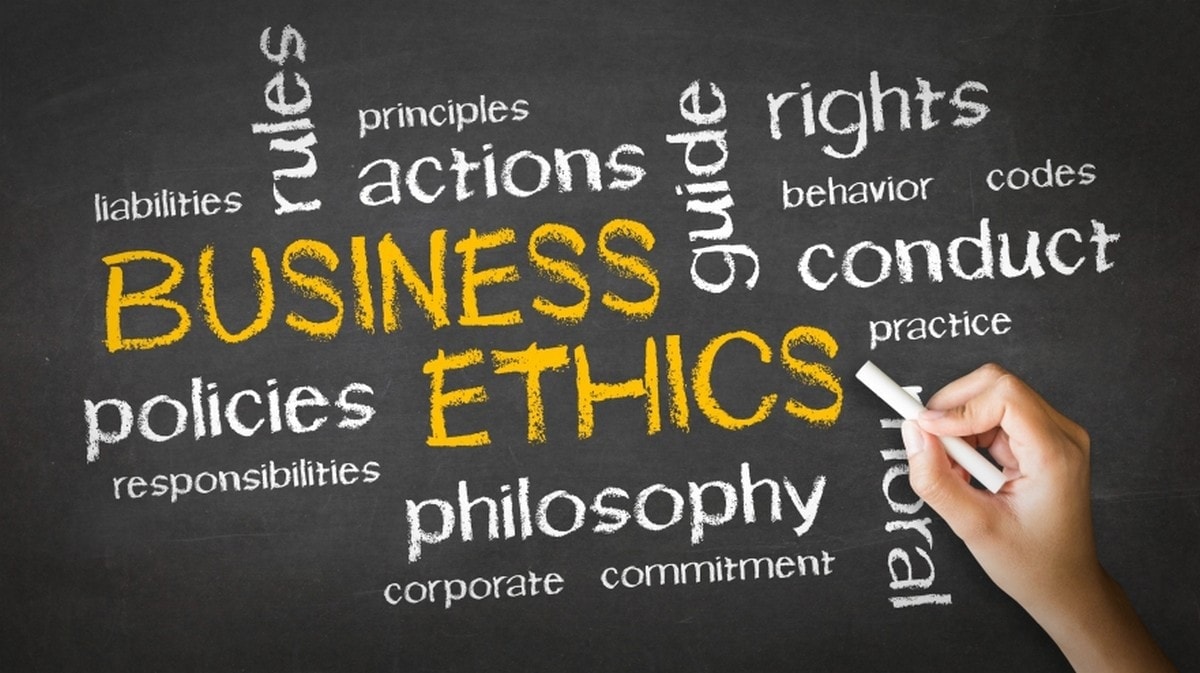Advertising Ethics
Ethical advertising is based on honesty, fairness, accurate messaging, and good consumer experience. Its objective is to ensure that advertising and other forms of marketing communications are legal, truthful, and prepared. The obligation to avoid harm to the consumer and society and have a sense of fairness and responsibility to competitors is important in ethical advertising. These company's appear to advocate for their products with a form of sincerity and likeliness.
Ethical advertising addresses these consumer needs and strives for transparency and authenticity in all consumer interactions. Alongside protecting user data and being open about how its used shows the importance and effectiveness. Ethical advertising includes delivering high quality ads and verifying the suitability of ad environments. So, what actions can brands take to ensure that they're delivery is genuine?
As a first step, brands should look to work with publishers that offer quality journalism to their readers. Advertisers are aware of the need to position their ads quality content to earn consumers trust and direct away from malicious publications. With the support of quality journalism, brands directly fund organizations looking to inform and educate their audiences.
Traditionally methods of identifying potentially harmful content, such as block lists and keyword blocking are often too broad to be optimal. By instead working with trusted technology partners and adopting methods such as contextual intelligence, brands can access higher-quality ad environments. As contextual intelligence only relies on data about the content to target desired audiences, consumers benefit from being served quality online ads without compromising their personal or misleading information.
It is most beneficial for the company to be transparent and communicate their brand values appropriately. To be truly ethical, all brands should be clear about their intentions and have no hidden agenda. They also should follow the best practices such as: avoiding clickbait, being ethical with user data, and including core values in campaigns.
What is Ethical Marketing?
Ethical marketing denotes how companies market their services or products not only based on their value to the customer, but also on their value to social and environmental causes. Businesses can simply achieve ethical marketing by analyzing marketing issues through moral judgment. This includes:
Creating marketing campaigns and content that is trustworthy and transparent
Encouraging ethically valuable causes
Consistently executing morally sound business decisions about production, sustainability, treatment of employees, and more.
Examples of Ethical Companies and their Marketing Strategy
Starbucks is committed to one-hundred percent sustainably sourced coffee and uses a system described to be C.A.F.E. (Coffee and Farmer Equality Practices) to optimize its consistency and sustainable sourcing. There have been four concepts named for what they call "the heart of Starbucks" which includes: sourcing system, quality, economic transparency, C.A.F.E. social responsibility, and environmental leadership. Starbucks short clips
Just Water is a sustainable water brand. Thus water brands possess a broad focus when it comes to social environmental justice. The company is committed to reducing carbon emissions for recycled materials and investing in infrastructure, utilizing their profits to repair ancient water mains, and redesigning the water business model. Another helpful factor for Just Water's marketing success remains its commitment to forestry. The paperboard bottles signify FCS certification and they additionally offer a wide variety of information on their site with helpful infographics and images. Jaden's $100 Million Dollar Water Brand
Do's of Ethical Marketing
Being Transparent
Respect data privacy
Prioritize the concerns of audiences
Maximizing the benefits
Minimize the risks
Don'ts of Ethical Marketing
Don't overemphasize or over exaggerate
Don't make incorrect comparisons
Don't make wrong or unverified claims
Don't exploit the emotions
In other words, ethical marketing avoids manipulative techniques such as creating false scarcity. The strategies approach customers with respect and work. Ethical companies work with the right audience to create a better world by responsible marketing.




Comments
Post a Comment